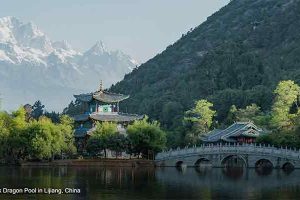
bdmetronews Desk ॥ Malala Yousafzai posted her first tweet. Within hours, she had earned several hundred thousand followers and a warm welcome from the Twittersphere.
Over the next few days, as word emerged on social media that she had recently graduated from high school and celebrated her 20th birthday, she garnered effusive praise and hearty congratulations from scores of Twitter users, including philanthropists, politicians, and entertainers.
The reaction seems only natural, given Malala’s story — her journey from getting shot in the head as a schoolgirl by a Taliban gunman in 2012, to becoming a Nobel Prize-winning advocate for female education worldwide, working out of her home in the United Kingdom since 2013.
And yet, as always, some of her fellow Pakistanis reacted in a starkly different fashion.
Many on Pakistani Twitter decried her as shameful and traitorous. When I posted a tweet lamenting such characterizations, Pakistanis responded with fresh torrents of opprobrium for their compatriot. The criticism boiled down to this: There’s nothing special about Malala. Many Pakistani children suffer worse fates than Malala. What has Malala ever done for Pakistan? Why does the world love Malala so much? And if Malala really cares about Pakistan, why doesn’t she come back? The vitriol also included a bizarre but common conspiracy theory: Her shooting was staged.
To be sure, many Pakistanis admire and embrace Malala. Readers of the Herald, a Pakistani magazine, voted her person of the year for 2012. In 2014, a Pew survey found that 30 percent of respondents had a favorable view of her (a relatively low figure, but still higher than the 20 percent with unfavorable views).
But Malala is no national hero. Revered by many abroad, she is reviled by many at home, including among middle-class Pakistanis one might imagine would be her greatest fans.






